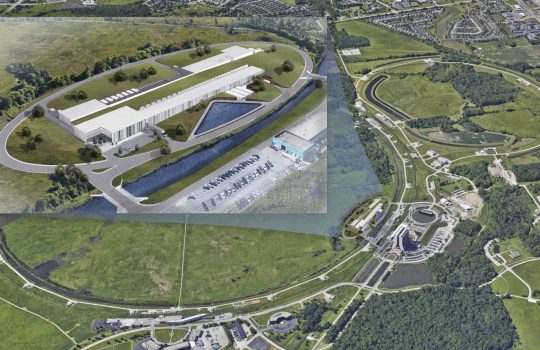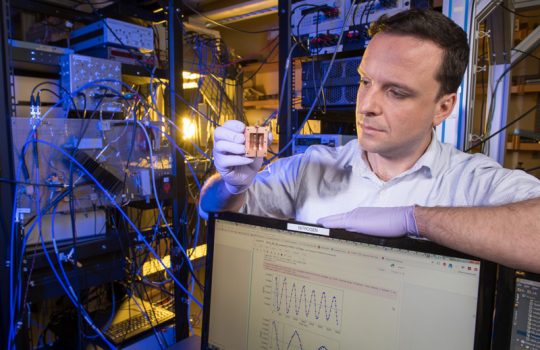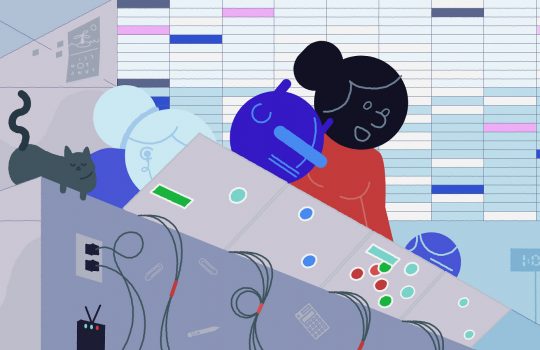Fermilab gets ready to upgrade accelerator complex for more powerful particle beams
- accelerator
- accelerator technology
- Deep Underground Neutrino Experiment
- DUNE
- LBNF
- Long-Baseline Neutrino Facility
- neutrino
- PIP-II
- SRF
- superconducting radio-frequency technology
PIP-II, a particle accelerator project for generating intense neutrino beams, has achieved an important milestone.



